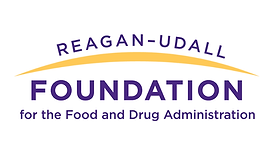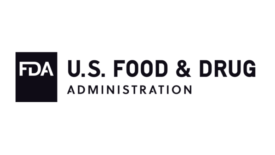Home » FDA
Articles Tagged with ''FDA''
Utilizing Risk to Develop Food Safety Systems
Food safety systems can be examined in a systematic, risk-based way to aid food safety practitioners in their work
August 15, 2022
Never miss the latest news and trends driving the food safety industry
eNewsletter | Website | eMagazine
JOIN TODAY!Copyright ©2024. All Rights Reserved BNP Media.
Design, CMS, Hosting & Web Development :: ePublishing










